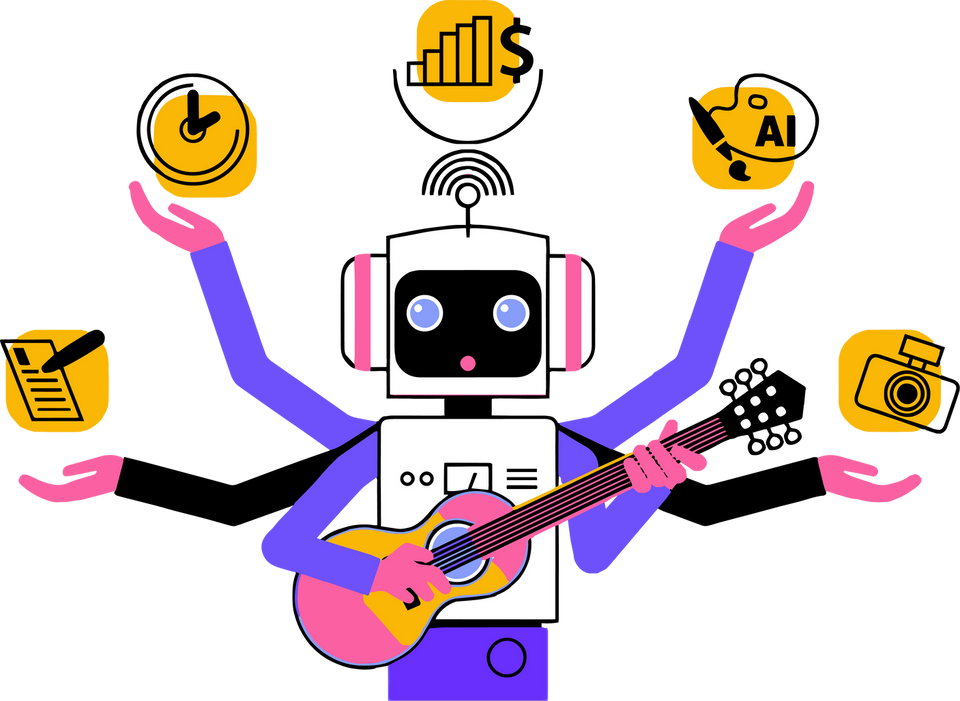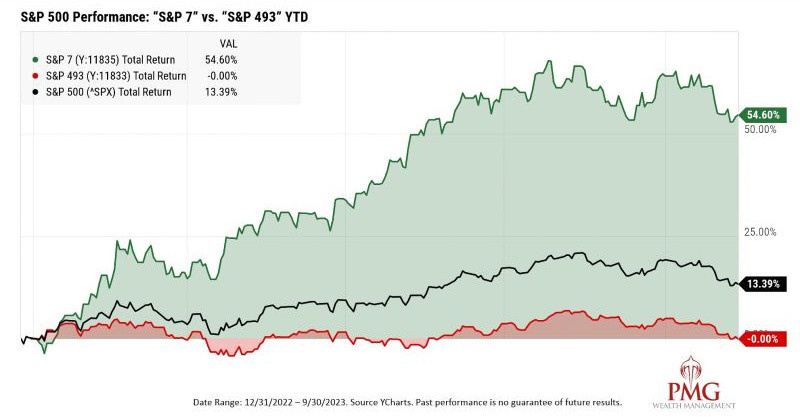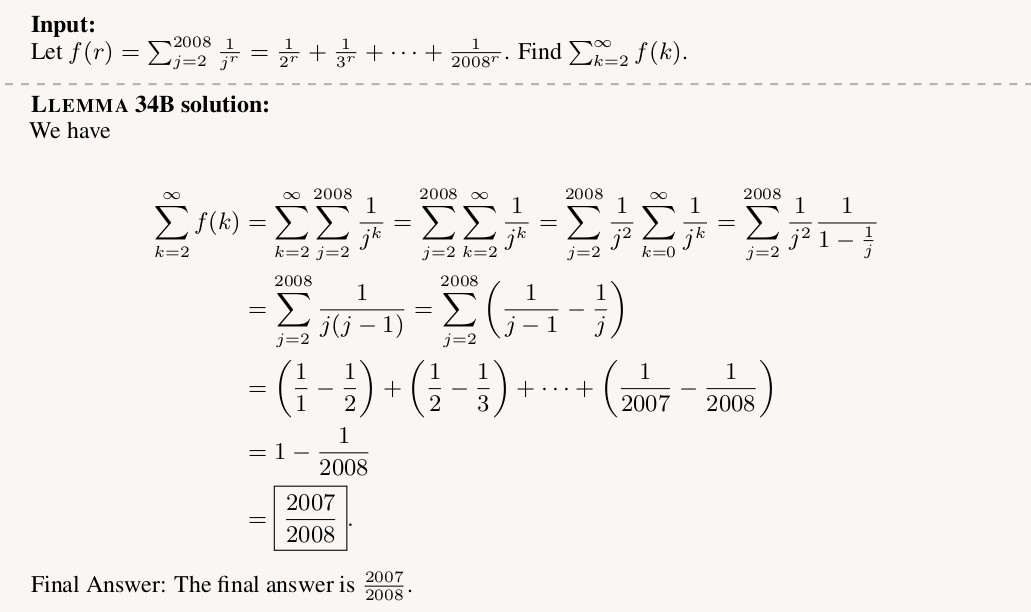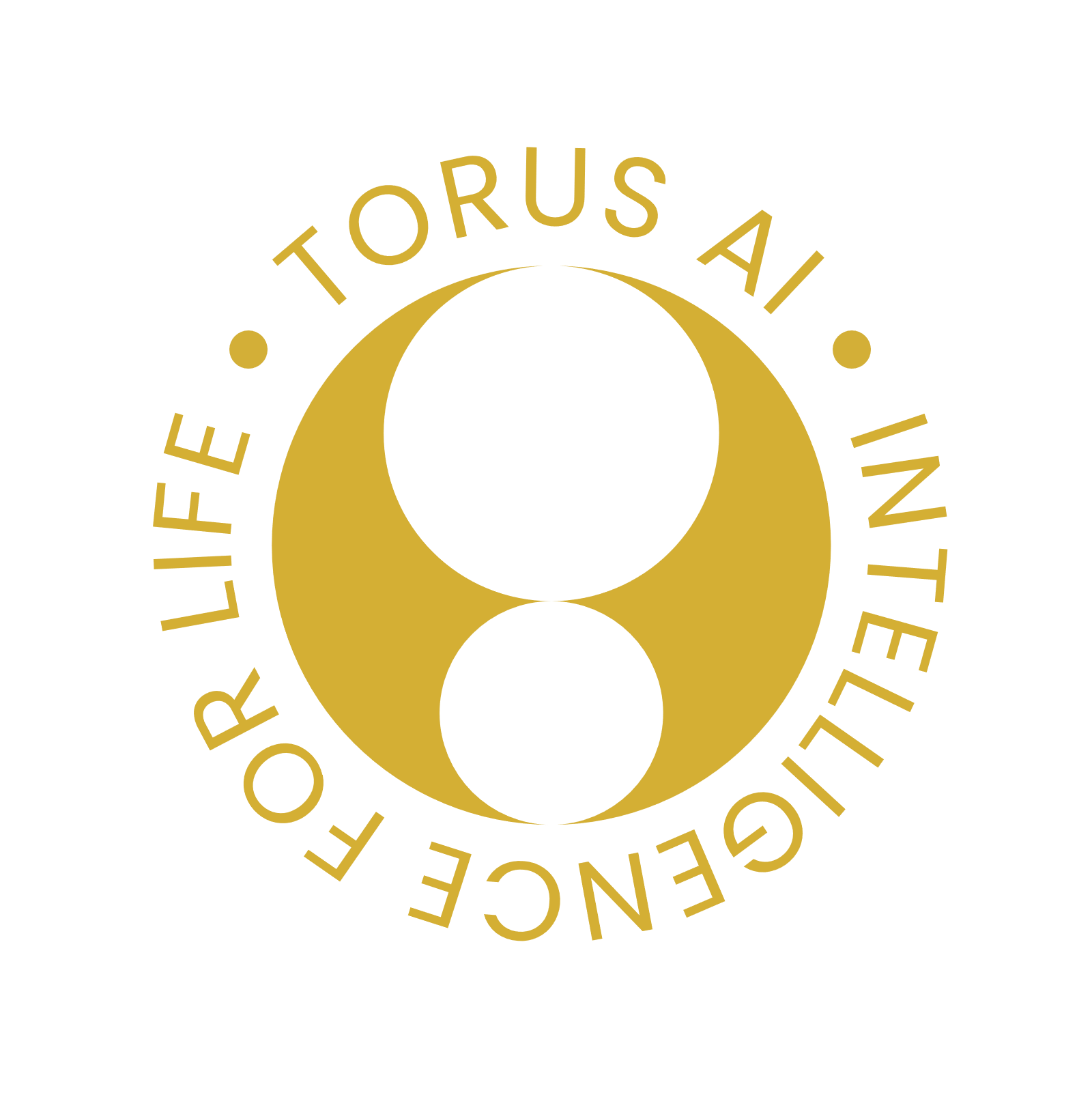Can AI do Math Research ?

by: Pr. Zung NGUYEN
What is AI, how are they built ?
For us, AI means computer programs / machines / algorithms that can learn. Many different learning methods, all based on feedback and optimization of loss functions. (Machine learning is actually very similar to human learning). Machine learning uses lots of math !
Age of AI
All gains in S&P500 come from 7 big AI companies GAFAM (Google + Amazon + Facebook + Apple + Microsoft) + Nvidia + Tesla

The role of Math in AI
Good news for mathematicians who want to convert to AI: math plays a central role in AI. Design of neural networks and algorithms, loss functions, optimization methods, measures of accuracy, learning methods, logic, statistics, optimization, modelling, etc.
AI with Math = Augmented Intelligence
AI without Math = Artificial Idiocy
Some numbers from France: the part of the French economy directly related to mathematics went from 15,5% in 2016 to 18,5% in 2022.
Computer-Assisted Mathematics (before machine learning)
Fast computations. Numerical methods, calculators, parallel computing, Fortran, Matlab, R, etc.

Computer-assisted proofs. 4 color theorem (1976). Machine can do exhaustive search/verification on a huge number of cases.
Proof assistants. (higher order logic, dependent types, proof automation, proof by reflection, code generation; https://en.wikipedia.org/wiki/Proof_assistant).
Coq (1984-). Fully formal proof of Feit-Thompson odd order theorem (any finite group of odd order is solvable) found by Gunther using Coq (2012).
Lean (2013-) has a large library that contains things like Bourbaki's "Espaces Topologiques". Used by Terence Tao (2023) to formalize a proof of the Polynomial Freiman-Ruzsa conjecture
All existing mathematics can be formalized, formally verified (even without machine learning)
Generative AI for Math ?
A LLM (large language model) generative AI can solve simple math equations, even well-known famous theorem such as the Brouwer fixed point theorem, but when asked for more sophisticated topics, for example, a proof of the irrationality of pi, it will hallucinate completely, (even with proof that may contain good ideas that the AI learned by rote learning).
Models like GPT4 : No, even though OpenAI's Q* is hyped to be able to solve basic unseen math problems, things will change. LLMs based purely on Auto-Regressive token prediction (copy-paste-glue, probabilistic guessing): no planning, no real
understanding, just super parrots.
LLEMMA (another transformer-based LLM) added a lot of math codes (including the ones from Lean) and math literature to the training database.

How can AI become a mathematician ?
- Putting all different elements together
- Any math that humans can create, AI can probably create too, at a much faster rate.
- Math research is guided by different criteria, that apply to humans as well as AI
What are important math problems / results / conjectures / methods / etc. ?
- Real world need - KGB math, military math, financial math (weapons of math destruction), epidemiological math, medical AI math (saving lives)...
- Celebrity - solution of a long-standing famous open problems
- Authority - done by a famous person, or their protégés
- Impact (may need to wait a long time to see) - cited by many people, helps solve big problems...
- Connections - related to many fields & problems ("more connections" is correlated to "higher impact")
- Novelty - surprising new idea ...
- Beauty - short formulation, easy-to-remember statement, short clever proof, surprising factor,...
Very subjective in general. Many excellent math papers get rejected while lesser papers get accepted in math journals.
How do we (and AI) understand Math ?
Doing without understanding ?
- A dangerous situation, leading to confusion, wrong results, fake things
- Current large language models such as ChatGPT (or experimental TorusGPT) are like super-parrots that can copy - paste - glue math statements (sometimes correctly, sometimes not) without "real understanding" of math
- The problem is not AI-specific: humans do the same! (not only in math, but also in their lives)
Why math is hard to understand ?
- High level of complexity (AI can beat humans at deep thinking, e.g. in chess, so if a human can learn a math concept AI can learn it too)
- High level of abstraction, not easy to connect to real life and other knowledge (AI won't have this problem)
- Psychological resistance to new radical ideas such as negative numbers, imaginary numbers, quantum mechanics, unprovable theorems, etc. (AI won't have any psychological barriers)
- Knowledge representation problem (how do humain brains, and AI brains, represent different concepts?). Graphs/networks? If humans can do it, AI can do it too.
Will AI be better than humans at math explanation?
- Yes, AI can learn (self-supervised, with feedback) to explain things well
- Guided by criteria of good explanation (compare many different possible explanations, score them, select the ones that are the best ...)
Full video: here
